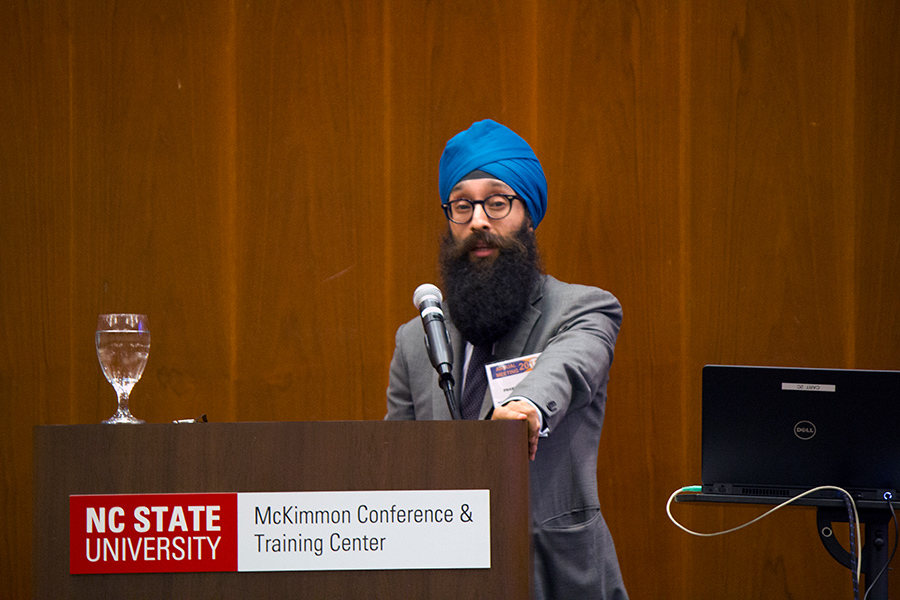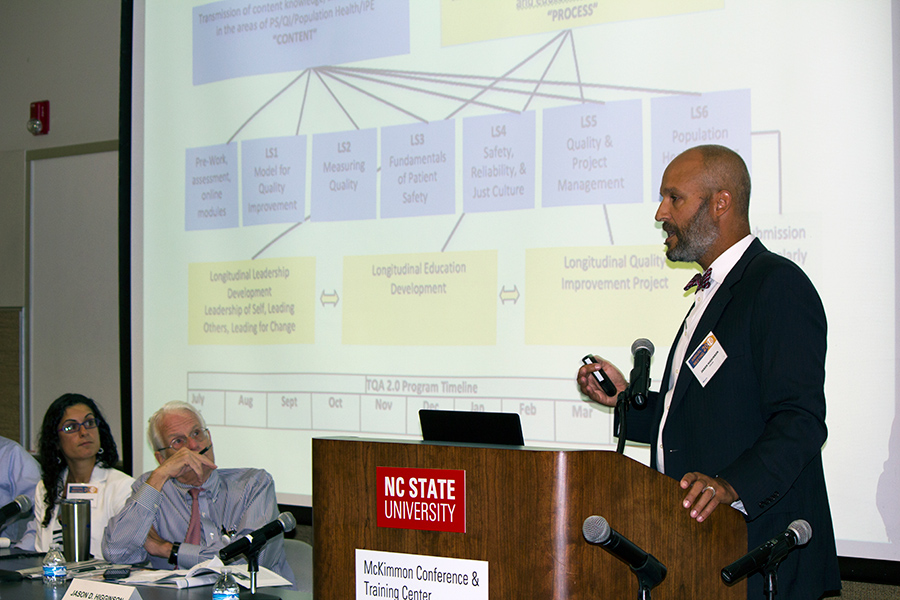


On September 7, 2018, more than 300 stakeholders from across the state gathered to discuss medical, social, emotional, and behavioral health needs of patients. This discussion explored how practices and systems across the state are evolving from coordinated care to team-based care models. Team-based care has the potential to improve efficiency, effectiveness, value, outcomes, and patient and provider satisfaction
Many changes are needed to reach the goal of health care that meets patients' medical, social, emotional, and behavioral health needs and improves health outcomes. Of those changes, one of the most challenging, and promising, is the transition to team-based delivery of care.
While coordinated care has been widely embraced and implemented across North Carolina, true team-based care is still an elusive target for many health systems and providers. Team-based care has the potential to improve efficiency, effectiveness, value, outcomes, and patient and provider satisfaction. However, profound changes in culture and organization of care, education and training, financing, the fundamental nature of interactions.
NCIOM's 2018 Annual Meeting explored what team-based care looks like in practice, challenges in developing and implementing team-based care, interprofessional training models, financing mechanisms, and impacts on team members and patient outcomes.
Integrated Team-Based Care in Primary Care Practice
Team-Based Care in the Treatment of Substance Use Disorders
Multi-Disciplinary Teams in Palliative Care
Implementing Team-Based Care
Structuring and Financing Team-Based Care
Training Health Care Providers to Work in Interdisciplinary Teams
Health-Community Collaborations
Expanding the Health Care Team
Insurer Perspective on Funding Team-Based Care




